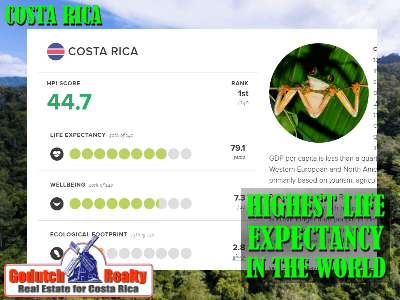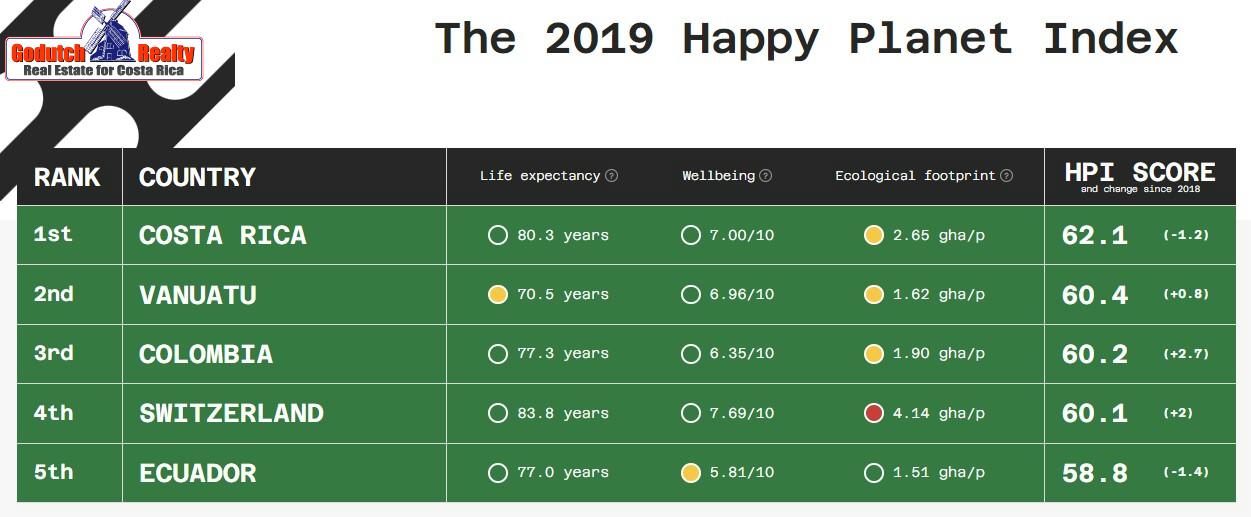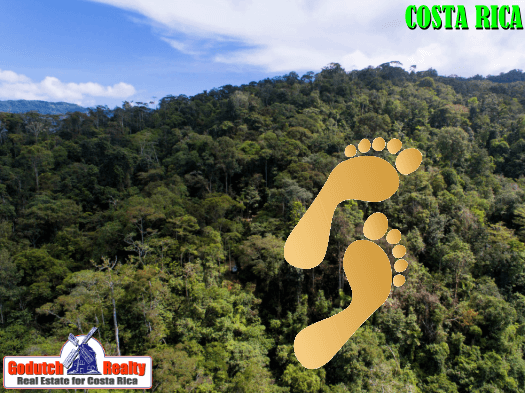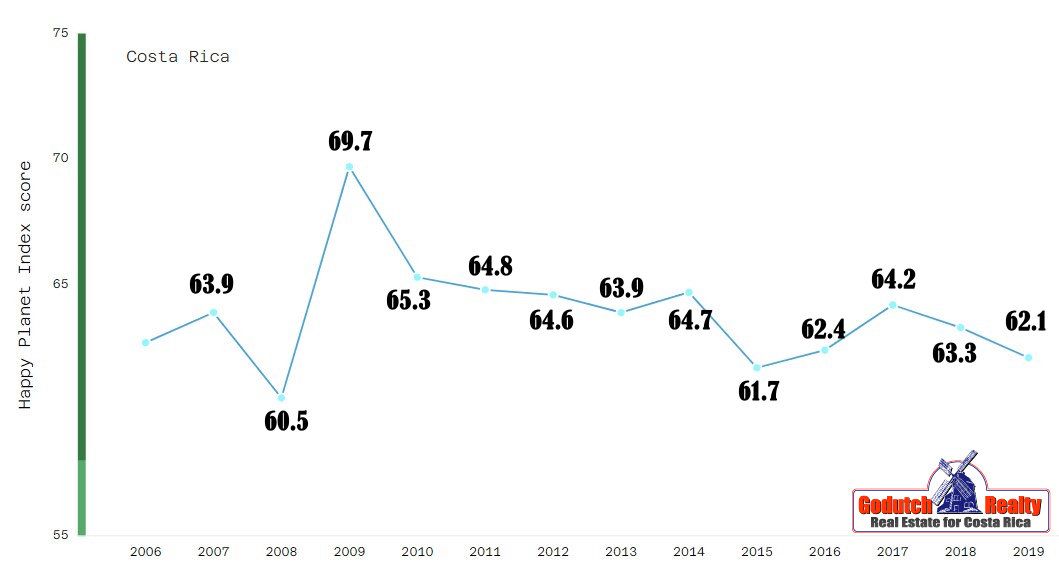Estimated Reading Time: 5 Minutes
 Did you know that Costa Rica is a top scorer on the Happy Planet Index? And that we’ve been so, every year, since 2006?
Did you know that Costa Rica is a top scorer on the Happy Planet Index? And that we’ve been so, every year, since 2006?
Costa Rica has scored #1 on this Happy Planet Index (HPI) from 2007 until 2019; you can download an excel sheet with all the HPI details: happy-planet-index-2006-2020-public-data-set
The Happy Planet Index measures sustainable well-being and ranks countries by how efficiently they deliver long, happy lives using our limited environmental resources.
The HPI is the first-ever index to combine environmental impact with well-being.
I assume that WEAll, the organization that creates the Happy Planet Index, has not published an HPI during Covid.
The index doesn’t reveal the ‘happiest’ country in the world. Instead, it shows the relative efficiency with which nations convert the planet’s natural resources into long and happy lives for their citizens. Nations that score well show that achieving long, happy lives without over-stretching the planet’s resources is possible.
From The Happy Planet website:
Costa Rica has claimed the top spot in the Happy Planet Index rankings 4 times in a row. Strong social networks, investment in health and education, and a deep connection to nature may help explain why Costa Ricans are happier and live longer than the residents of most wealthy nations. A national commitment to environmental protection and use of renewable energy also keeps Costa Rica’s Ecological Footprint small.
2009
For Costa Rica, it’s customary to be in the HPI top positions. But, in 2009, as shown in the statistic image above, Costa Rica’s HPI received the highest score – 69.7. This was during Oscar Arias’ 2nd administration. I am not involved in politics or voting because I’m not a citizen. But let me give you some information on ex-president Arias:
Óscar Arias Sánchez is a Costa Rican activist and Nobel Peace Prize laureate. He was President of Costa Rica from 1986 to 1990 and 2006 to 2010. He received the Nobel Peace Prize in 1987 for his efforts to end the Central American crisis.
Even though the country received the highest HPI score during this administration, the country still suffers from the additional government employees hired then. The government payroll grew by almost 100,000 between 2005 and 2021, from 223,880 to 323,230. It went from 223,880 people to 323,230. In percentage terms, the growth was 44%.

What does HPI show
The HPI shows that around the world, high levels of resource consumption do not reliably produce high levels of well-being and that it is possible to produce increased well-being without excessive consumption of the Earth’s resources.
It also reveals that there are different routes to achieving comparable levels of well-being. For example, the Western model can provide overall longevity and variable life satisfaction. Still, it does so only at a vast and ultimately counter-productive cost in resource consumption.

Two important Facts
The second global ranking of well-being and environmental impact shows that:
- Costa Ricans report the highest life satisfaction in the world almost every year. They have the second-highest average life expectancy in the Americas. And they also have an ecological footprint that means that the country only narrowly fails to achieve the goal of ‘one-planet living’: consuming its fair share of the Earth’s natural resources.
- Latin America dominates the top of the index. Nine of the ten top-scoring nations on the index are in Latin America. Brazil is the highest-ranking G20 country in terms of HPI, in 9th place out of 143 nations.
Of course, the highest life satisfaction of the population in Costa Rica shows in the use of the words Pura Vida.
Are you ready to join the happy expats living in Costa Rica? Then contact us now!
























